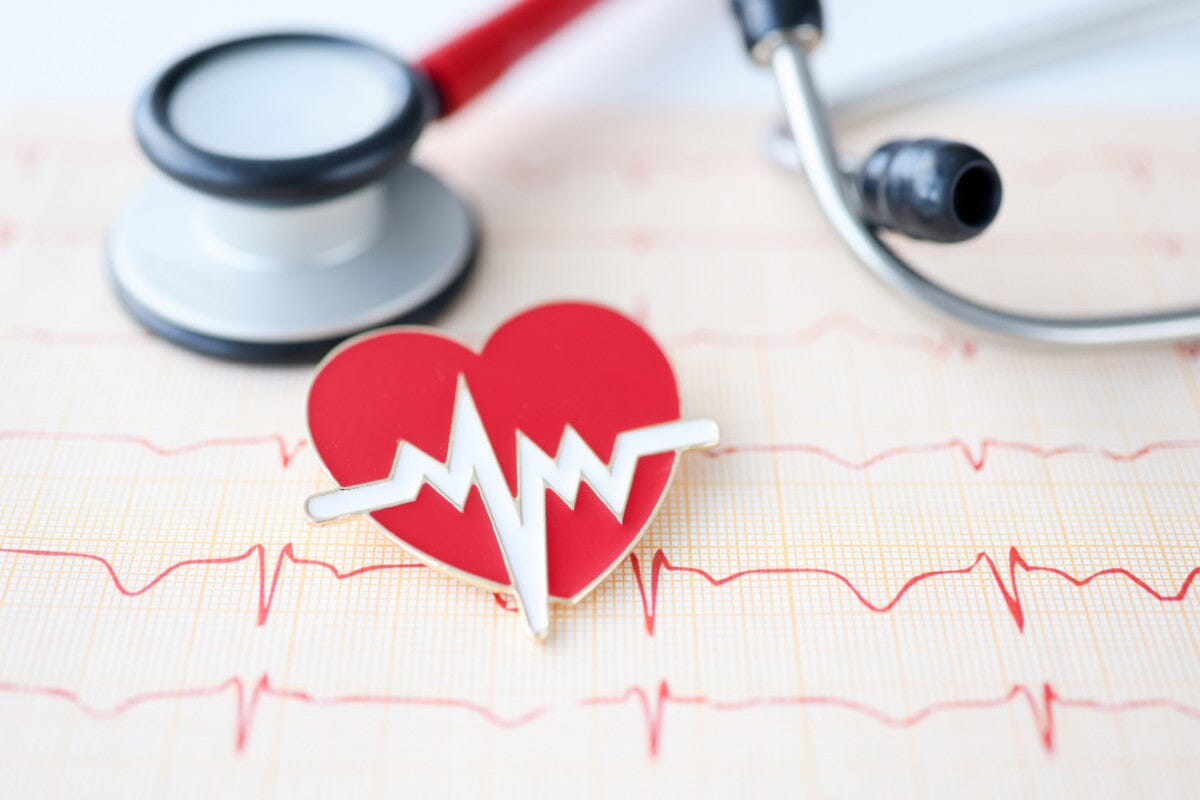Your Cart is Empty
FREE SHIPPING OVER $45 & RETURNLESS REFUNDS

February isn't just about roses and chocolates; it's also American Heart Month, and you know what they say – a happy heart makes for a happy life. So, get ready for a heart-to-heart that's as real as it gets!
Let's keep it real – nobody likes surprises when it comes to health. The leading risk factors of heart disease include:
Alright, let's get real and tackle the burning question – why does having gout or high uric acid levels make your heart do a little extra cardio?
Inflammation Showdown: Gout is like that friend who overstays their welcome – it brings inflammation to the party. This inflammation isn't just limited to your joints; it can sneak its way into your arteries. When your arteries get inflamed, it's like adding obstacles on the road for your blood to flow smoothly. That can put a bit of stress on your heart.
Kidney Conundrum: Uric acid, the culprit behind gout, is normally filtered out by your kidneys. But when there's an overflow, it can lead to kidney issues. Now, your kidneys and heart are like dance partners – when one falters, it can throw off the rhythm of the other. So, kidney problems may indirectly affect your heart health.
Teamwork Troubles: Gout and high uric acid levels often team up with other pals like high blood pressure and diabetes. This combo can create a perfect storm for heart disease. High blood pressure, in particular, puts extra strain on your heart, making it work harder than it needs to.
Think of it like this: your heart is the hero trying to save the day, but when it's faced with gout and high uric acid levels, it's like navigating a maze full of obstacles. So, it's essential to keep an eye on your heart health, especially if you're dealing with these companions.
It's not always easy to spot whether or not you have heart disease. Sometimes you don't know until a medical emergency occurs, like a heart attack or heart failure.
For women specifically, some may show no signs of heart disease while others have:
You may not be able to prevent it completely, but you can help lower your risk for heart disease by:
So, here's to you, your heart, and a lifetime of laughter, love, and good health. Cheers to American Heart Month – let's make it the healthiest and happiest one yet!
**Talk to your doctor about your risk for heart disease before making any serious changes to your lifestyle.
Let us know what topics you're interested in, and we'll do our best to include them in future blogs! Email us at info@toneshealth.com